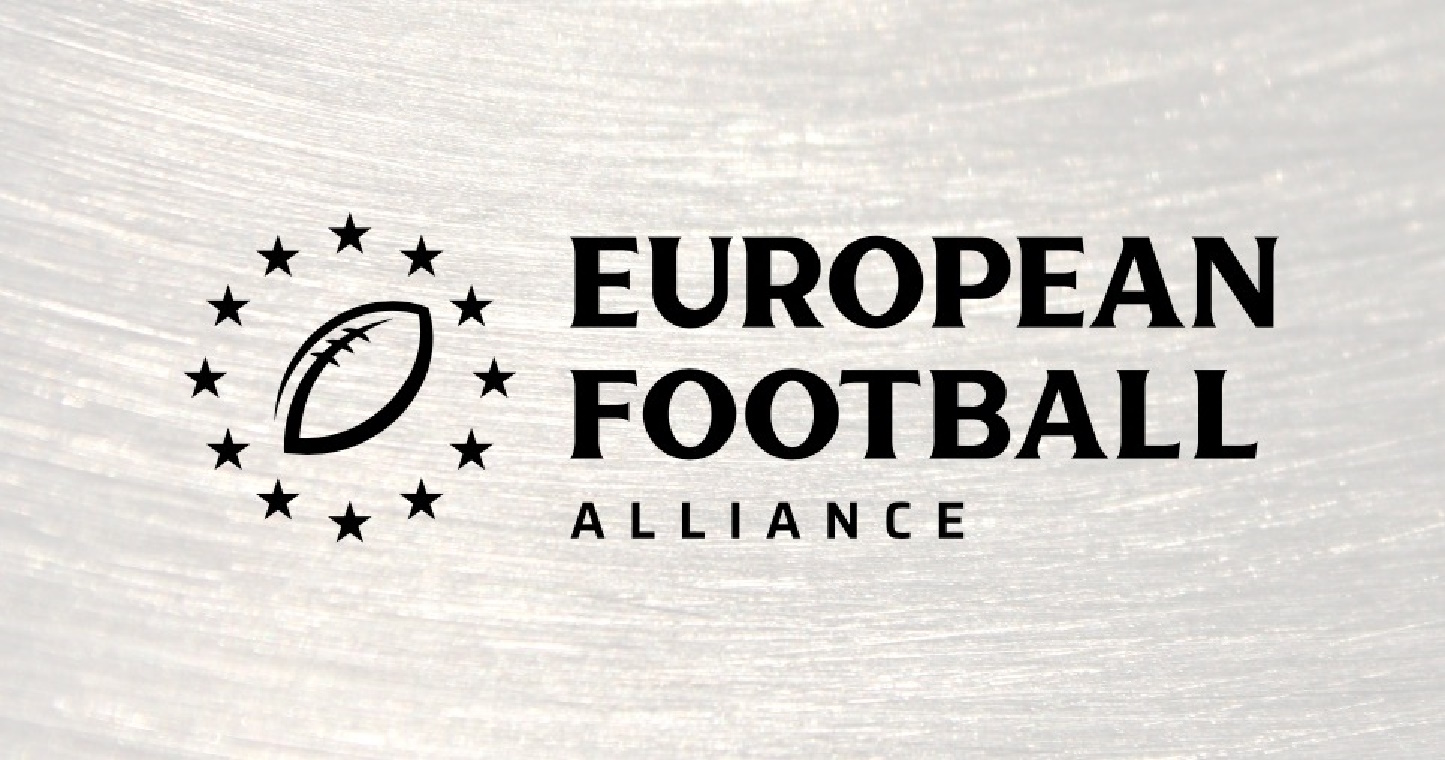European Football Alliance emerges as ELF faces collapse

The European Football Alliance (EFA) is laying plans to launch as a new league in 2026, with at least 10-12 teams—including nine current European League of Football (ELF) franchises and four additional ELF teams which are known to have applied to join the EFA—amid the ELF’s deepening leadership crisis and financial instability.
EFA structure takes shape
According to sources, the EFA will adopt an NFL-style team-owned governance model, distancing itself from the ELF’s third-party leadership model. It will still be centralized but via EFA representatives. Nine teams have committed so far while a number of non-ELF clubs are also seeking membership, though details remain undisclosed. Eight teams formed the association in 2024, that has become the EFA in July 2025 with the Nordic Storm having been announced as its newest member to make nine. Committees are forming operational frameworks, prioritizing financial transparency and shared revenue models criticized as lacking in the ELF.
ELF leadership exodus accelerates turmoil
ELF co-founder and Commissioner Patrick Esume announced he would resign at the end of the current season alongside Sports Director Andreas Nommensen and Head of Operations Frank Wendorf, citing “irreconcilable differences” with Managing Director Zeljko Karajica over finances. Esume’s lawyer stated the exits aimed to “preserve trust” amid owner discontent. Former Berlin Thunder executive Björn Werner revealed personal losses exceeding €500,000 during his ELF tenure, blaming mismanagement.
Team defections deepen crisis
Nine ELF franchises, including the Vienna Vikings and Frankfurt Galaxy, created the EFA in June 2025, criticizing the ELF’s “unprofessional structures.” The Hamburg Sea Devils, owned by Karajica, remain ELF-aligned, fracturing the league further. The EFA’s rise reflects widespread frustration over revenue distribution and governance, with Esume’s departure leaving the ELF without a clear succession plan.
Uncertain future for European football
The ELF, which expanded from 8 to 16 teams under Esume since 2020, faces existential threats. Its 2026 season hangs in doubt as the EFA positions itself to absorb talent and viewership. Esume, transitioning to NFL commentary and his Football Bromance podcast, leaves a legacy of growth overshadowed by systemic flaws.
Path forward remains unclear
The ELF board must urgently address leadership gaps and financial credibility to retain remaining teams. Meanwhile, the EFA’s team-driven model offers a potential blueprint for stability. As European football enters a pivotal era, the EFA’s emergence signals a seismic shift—one that could redefine the continent’s gridiron landscape.
